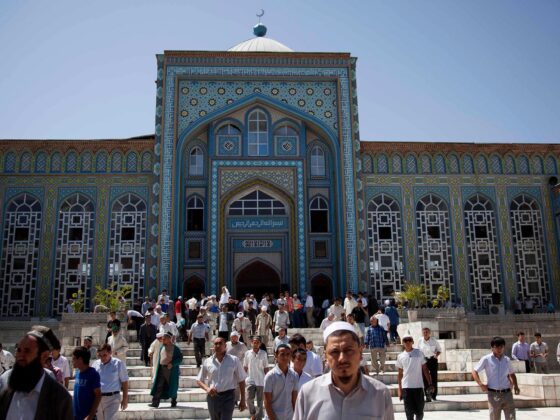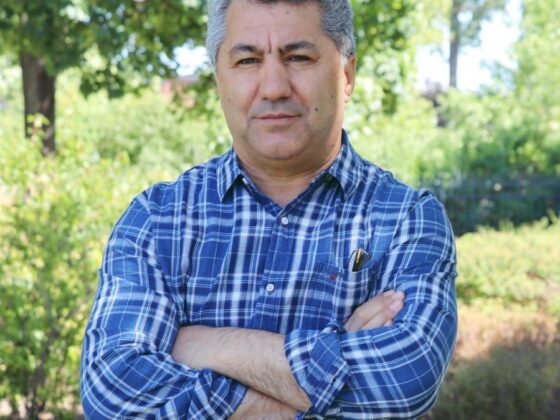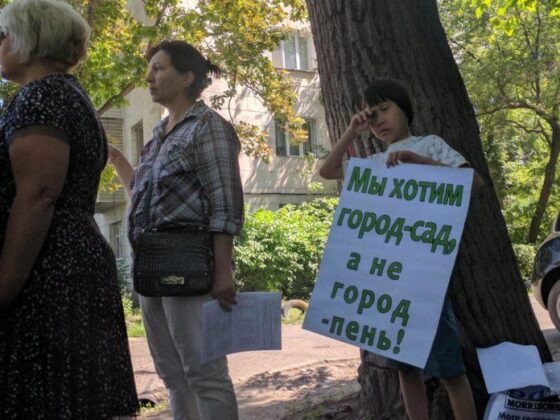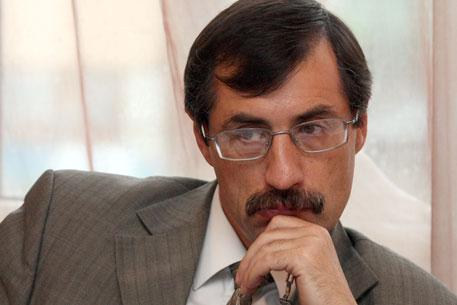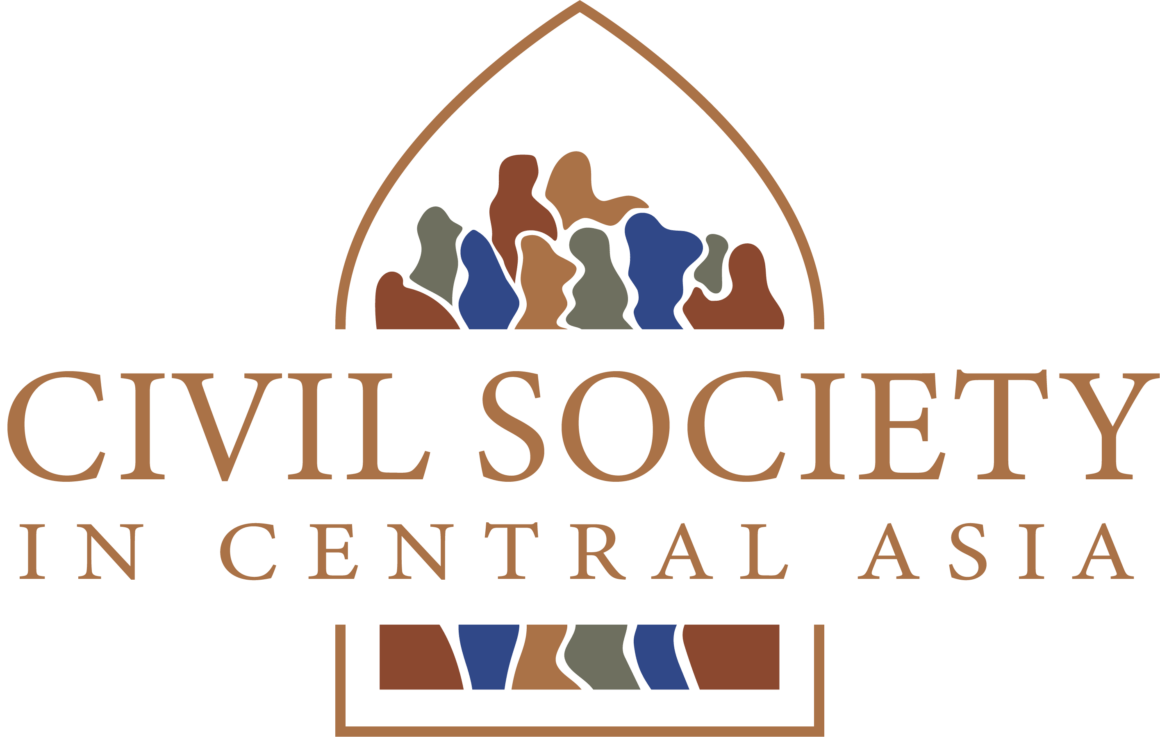
Thirty years of independence have, to varying degrees, bolstered the development of civil society in the countries of Central Asia. NGOs, political parties, associations, unions, independent educational institutions, charities, and development organizations have become active in most of the region in multiple sectors, including human rights, gender and LGBT issues, education, health, ecology, religion, and development. Yet, in Central Asia as in many other regions, the very concept of civil society, its role and impact have been debated and criticized, if not challenged. Some politicians, experts, academics, and journalists consider it a symbol and essential instrument of hoped-for democratization and of economic and social progress in the region; others see in as a factor of political destabilization or a tool by which for foreign actors to exert influence.
Civil society organizations (CSOs) have evolved by adapting to or even resisting, through their narrative and their activities— Central Asian governments’ responses to these debates and to the changing political, economic, social, religious, and geopolitical context of each Central Asian state.
The CAP Civil Society Initiative aims to address multiple issues related to civil society in Central Asia by pursuing three lines of research:
1. Thirty Years of Civil Society Engagement in Central Asia: New Approaches, New Challenges?
This first issue positions Central Asian CSOs within global debates on the concept of civil society and addresses the diversity of actors (including the growing number of Islamic CSOs), their objectives, and their modes of engagement.
2. Civil Society and Political Authoritarianism
This line of research investigates how the Central Asian governments approach civil society and its organizations. This includes the political authorities’ policies to control civil society and their funding; dialogue and cooperation between state and civil society; NGO activists’ working conditions; and governments’ efforts to frame and instrumentalize civil society through government-organized NGOs (GONGOs).
3. Geopolitics of Civil Society in Central Asia
This axis explores the narratives and roles of foreign actors in the development of civil society in Central Asia and assesses their potential influence in the region via CSOs, including Christian and Muslim NGOs.

